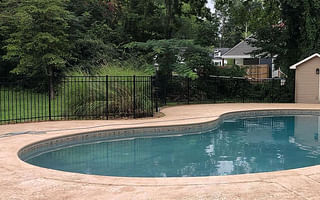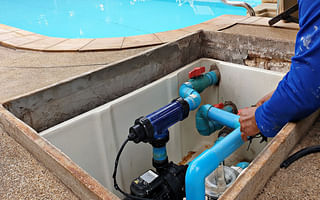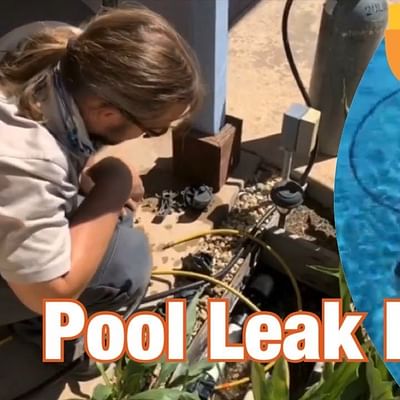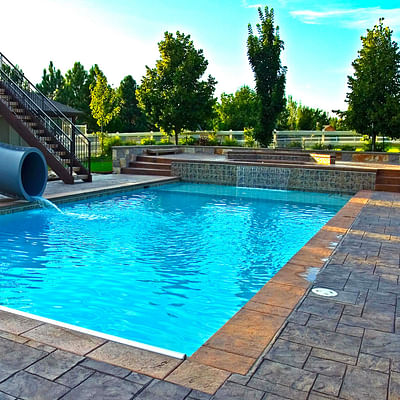🔎 Simple Steps to Conduct a Pool Inspection
Keeping your pool in top shape requires regular inspections. Our step-by-step guide above walks you through the process, but it's important to remember that these steps are just the beginning. To ensure a safe and enjoyable swimming environment, consider the benefits of a routine pool inspection.
Regular inspections can help you spot potential issues before they become costly repairs. For instance, if you notice any unusual noises from your pool equipment, it may be a sign of wear and tear. Understanding what maintenance is involved with owning a swimming pool can help you catch these issues early and extend the life of your pool.
Why Professional Inspections are Crucial
While self-inspections are a great start, there's no substitute for a professional eye. Hiring a professional to inspect your swimming pool can provide a more thorough evaluation of your pool's condition. Professionals have the expertise to check for less obvious signs of damage, ensuring that every aspect of your pool - from the surface to the structure - is in optimal condition.
Professional inspections are especially important for public pools, where safety and hygiene standards must be strictly maintained. A professional can help you navigate these requirements and keep your pool compliant with local regulations.
Understanding Pool Inspection Costs
Pool inspections are an investment in the longevity and safety of your pool. While costs can vary, understanding pool inspection costs can help you budget for this essential service. Remember, the cost of an inspection is often far less than the cost of major repairs down the line.
In conclusion, regular pool inspections - both self-conducted and professional - are key to maintaining a safe, enjoyable swimming environment. By catching potential issues early, you can save time, money, and ensure your pool remains a source of fun and relaxation for years to come.


















